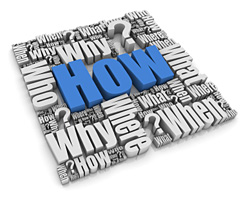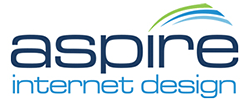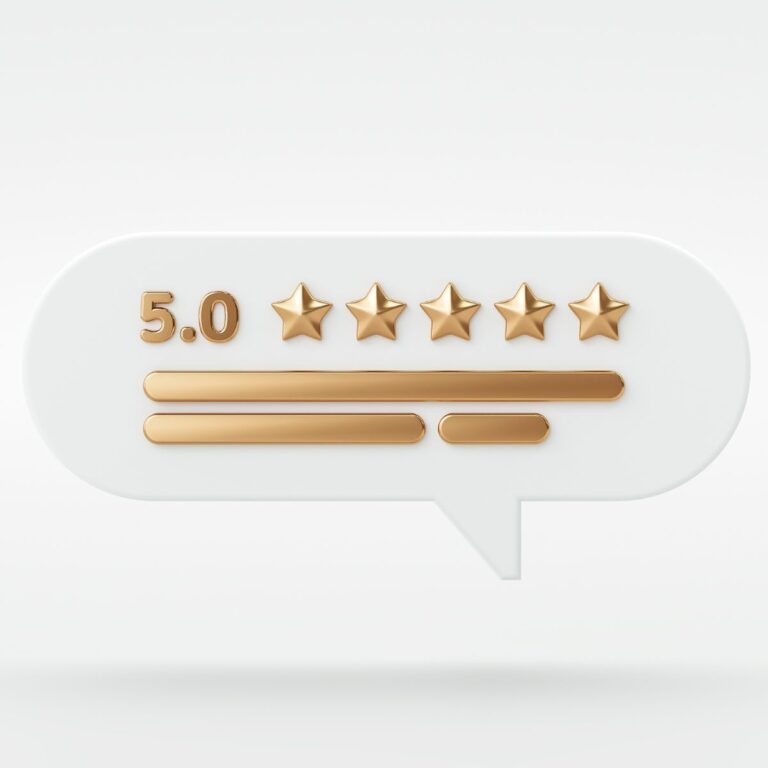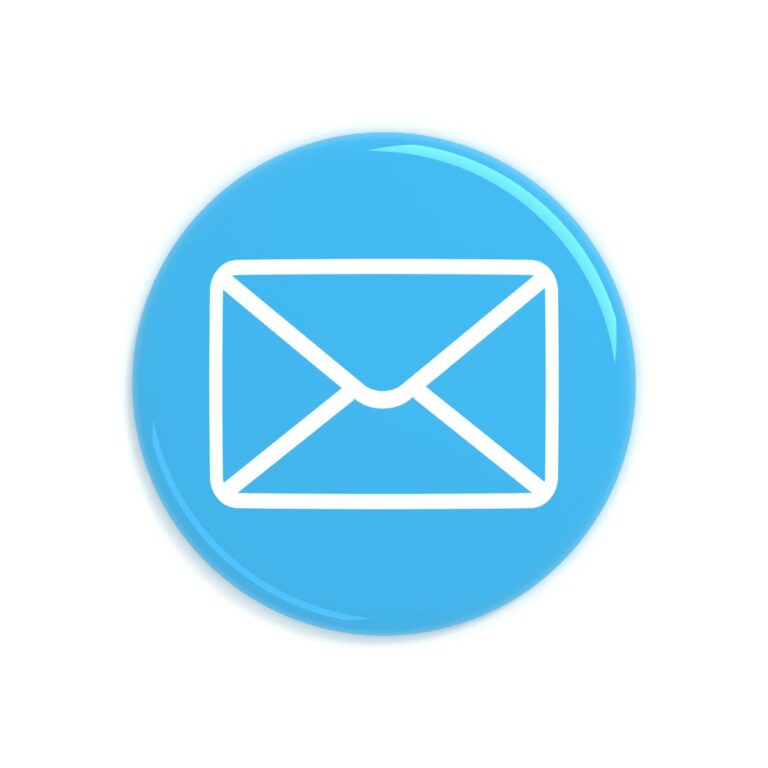When starting a new business, most owners spend a lot of time crafting a business plan. A key element of that plan is the mission statement, which serves as a formal, short written statement of the business’s purpose and reason for being in existence. The mission statement guides the company’s goal setting, direction, and decision making practices.
In addition to a mission statement, each company also needs a marketing statement (also known as a positioning statement), which is a succinct statement that explains the purpose of your business to your target audience. This statement will help to provide focus and clarity when creating marketing content and implementing a marketing strategy.
Once you have a clearly defined target audience, it’s easy to create a marketing statement because you are already tapped into who your audience is and their wants and needs.
Here is a Formula to Help You Create Your Unique Marketing Statement:
“what (verb), whom (ideal client), and how (key benefit)”

Let’s say you are a realtor, for example.
What do I do (verb)?
I facilitate the buying and selling of homes.
Whom do I serve (ideal client)?
Empty nesters who need to downsize, growing families, first-time buyers.
How specifically do my customers benefit?
By having a professional who is well versed and well trained in the numerous complexities of today’s real estate world.
The next step is to combine your what, whom, and how:
“I facilitate the buying and selling of homes to empty nesters, growing families, and first-time buyers and ensure the process goes smoothly and is done right.”
Other Examples:
- Professional (marketing company):
We help businesses develop goal-driven online marketing strategies which enable them to take their business to the next level. - Insurance (health insurance broker):
I find affordable health plans for small businesses so they can protect their loved ones at minimum cost.
The advantage of a clear marketing message is that it immediately reaches your audience and defines the benefits you offer. This message should be used as a guidepost when creating any content across all marketing channels (on your web site, blog, Facebook page, email newsletter, offline marketing, etc.). Your message should evoke a response such as, “He’s talking directly to me and he knows what I need. I must work with him!”
Resources:
“How to Say It: Marketing with New Media” Lena Claxton and Alison Woo






